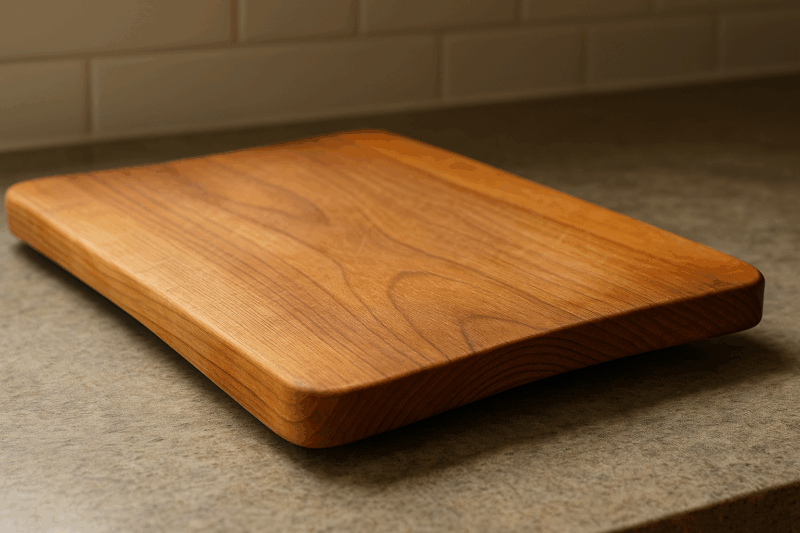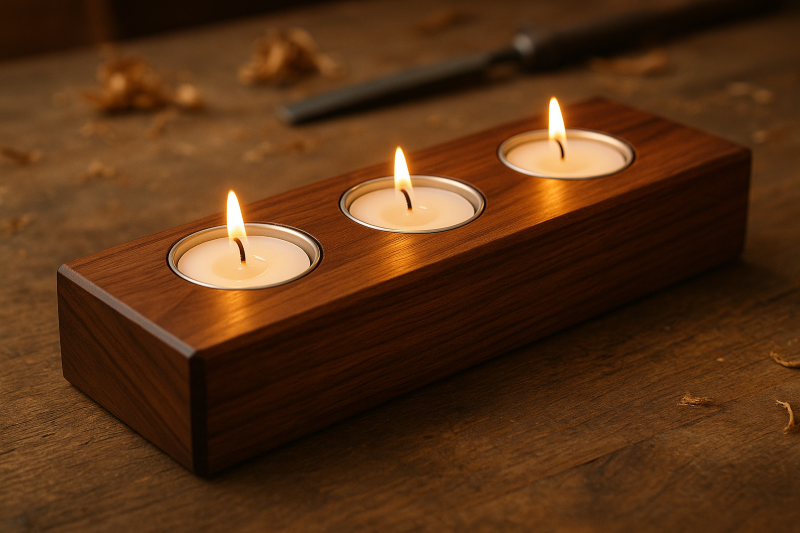How To Choose Sandpaper For Your Next Project
Sanding is one of the most important steps in woodworking. The right sandpaper ensures a smooth surface, highlights natural grain, and prepares wood for finishing. Choosing the best wood sandpapers depends on understanding abrasive types, grit sizes, and the project at hand.
Table of Contents
What to Look For in Wood Sandpaper
When selecting sandpaper for woodworking, consider the following factors:
- Abrasive material: Aluminum oxide is versatile and long-lasting. Zirconia and ceramic are tougher and better for heavy sanding. Silicon carbide is excellent for finer finishes and sanding between coats.
- Grit size: Coarse grits (40–80) are used for shaping or removing rough material. Medium grits (100–150) are ideal for smoothing. Fine to extra-fine grits (180–320+) prepare wood for staining or finishing.
- Backing and flexibility: Paper-backed sandpaper is economical, while cloth-backed options are stronger and better for power sanders. Flexible sheets are useful for hand-sanding curves and details.
- Coating type: Open-coat sandpapers shed dust better and resist clogging, making them perfect for softwoods and resinous species. Closed-coat sandpapers provide more abrasive coverage for harder woods.
Related: How to sand a cutting board
Top Sandpapers for Woodworking
3M Cubitron Series
This premium line is known for fast material removal and durability. The ceramic blend abrasives stay sharp longer, making them excellent for large projects or hardwoods.

3M Advanced Sandpaper, 20-Pack, 150 Grit, 3M Pro Grade Precision, Features No-Slip Grip Backing
Buy now on Amazon
Klingspor Sandpapers
Reliable and budget-friendly, Klingspor is a go-to brand for many woodworkers. Their papers balance quality with cost-effectiveness, making them suitable for both hobbyists and professionals.
Aluminum Oxide Sheets and Discs
Aluminum oxide is the classic choice for woodworking. It’s widely available, affordable, and works well across a variety of projects. Available in sheets, discs, and belts, it’s a versatile option for both hand-sanding and power tools.
Ceramic and Ceramic-Blend Abrasives
Ceramic sandpapers excel in heavy-duty applications. They cut aggressively and last much longer than standard options, making them ideal for sanding hardwoods or stripping finishes.
Recommended Uses
- Heavy-duty sanding: Choose ceramic or zirconia abrasives.
- General woodworking: Aluminum oxide is reliable and affordable.
- Budget projects: Klingspor offers strong value.
- Fine finishing: Silicon carbide or high-grit aluminum oxide ensures smooth, polished surfaces.
Tips for Choosing the Right Sandpaper
- Start with a coarse grit to shape and remove rough spots.
- Progress gradually to finer grits for a polished finish.
- Test different abrasives on scrap wood before committing to a project.
- Use open-coat sandpapers on softwoods to prevent clogging.
- Consider investing in higher-quality sandpapers; while more expensive, they often last longer and provide better results.

Conclusion
The best wood sandpapers are those that suit your specific project. For everyday use, aluminum oxide is dependable and versatile. For heavy-duty work, ceramic and zirconia abrasives shine. If you’re on a budget, Klingspor provides excellent value. By matching grit size and abrasive type to the task, you can achieve a flawless finish and extend the life of your woodworking projects.




Leave a Reply
You must be logged in to post a comment.